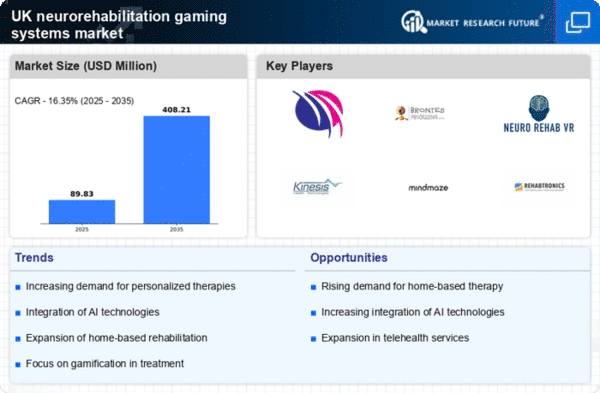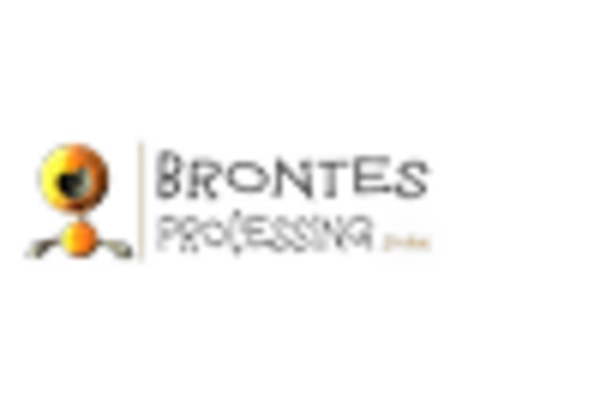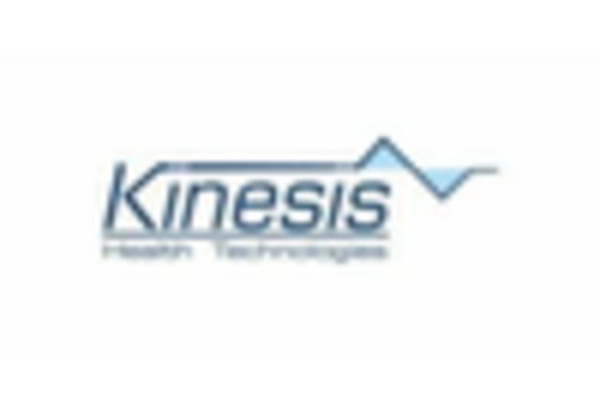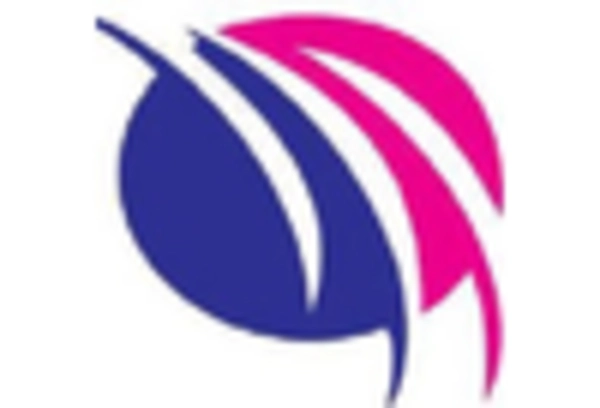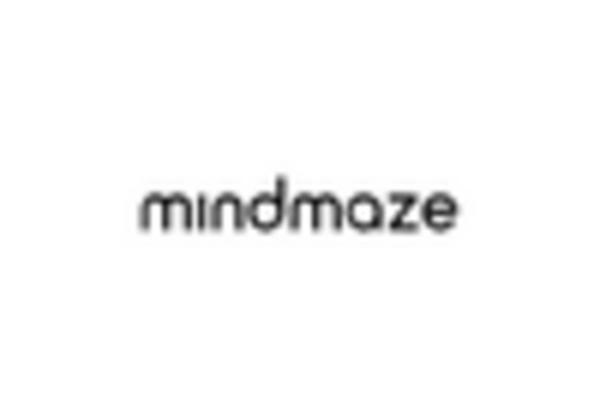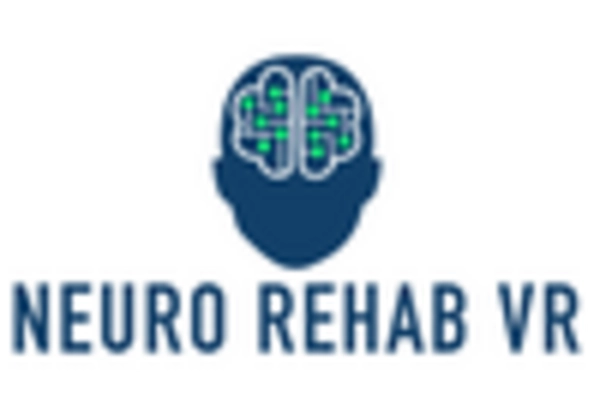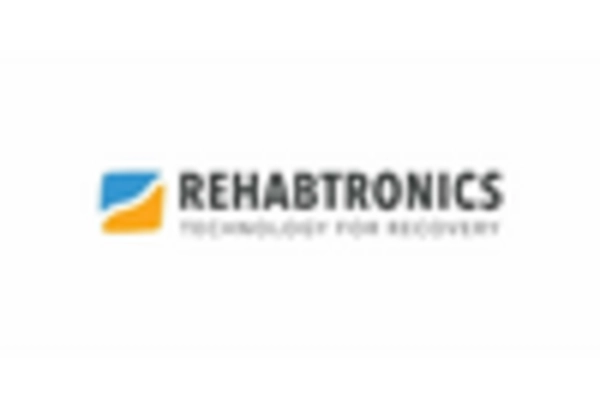Government Initiatives and Funding
Government initiatives aimed at improving healthcare services in the UK significantly influence the neurorehabilitation gaming-systems market. The UK government has been investing in digital health technologies, with funding allocated to projects that enhance rehabilitation services. For instance, the NHS Long Term Plan emphasizes the integration of technology in patient care, which includes the use of gaming systems for neurorehabilitation. This financial support not only encourages innovation but also facilitates the adoption of these systems in clinical settings. As a result, the market is expected to witness a growth rate of around 15% annually, driven by increased accessibility and affordability of neurorehabilitation gaming-systems. Such initiatives are crucial for fostering a supportive environment for the development and implementation of these technologies.
Growing Awareness of Mental Health
The rising awareness of mental health issues in the UK is contributing to the growth of the neurorehabilitation gaming-systems market. As society becomes more cognizant of the psychological aspects of recovery, there is a greater emphasis on holistic rehabilitation approaches that include cognitive and emotional support. Neurorehabilitation gaming-systems are designed to engage users not only physically but also mentally, providing a comprehensive rehabilitation experience. This shift in focus is likely to attract more patients and healthcare providers to these systems, potentially increasing market demand by 25% over the next few years. The integration of mental health considerations into rehabilitation practices is essential for improving overall patient outcomes, thereby enhancing the appeal of neurorehabilitation gaming-systems.
Technological Advancements in Gaming
Technological advancements in gaming are significantly impacting the neurorehabilitation gaming-systems market. Innovations such as virtual reality (VR), augmented reality (AR), and artificial intelligence (AI) are being integrated into rehabilitation solutions, enhancing user engagement and effectiveness. These technologies allow for personalized and adaptive rehabilitation experiences, catering to individual patient needs. The UK gaming industry has seen substantial growth, with revenues exceeding £5 billion in recent years, indicating a robust market for integrating gaming technologies into healthcare. As these advancements continue to evolve, the neurorehabilitation gaming-systems market is poised for substantial growth, potentially reaching a valuation of £1 billion by 2030. This trend highlights the importance of leveraging cutting-edge technology to improve rehabilitation outcomes.
Increased Investment from Private Sector
The neurorehabilitation gaming-systems market is experiencing increased investment from the private sector, which serves as a significant driver for growth. Venture capital firms and private investors are recognizing the potential of innovative rehabilitation technologies, leading to a surge in funding for startups and established companies in this field. In the UK, investments in health tech have reached over £2 billion in recent years, with a notable portion directed towards neurorehabilitation solutions. This influx of capital not only accelerates research and development but also facilitates the commercialization of new products. As a result, the market is likely to expand rapidly, with projections suggesting a growth rate of 18% annually. The private sector's involvement is crucial for fostering innovation and ensuring that effective neurorehabilitation gaming-systems are accessible to those in need.
Rising Incidence of Neurological Disorders
The increasing prevalence of neurological disorders in the UK is a primary driver for the neurorehabilitation gaming-systems market. Conditions such as stroke, traumatic brain injury, and multiple sclerosis are becoming more common, necessitating effective rehabilitation solutions. According to recent statistics, approximately 1 in 6 people in the UK will experience a stroke in their lifetime, highlighting the urgent need for innovative rehabilitation methods. Neurorehabilitation gaming-systems offer engaging and interactive ways to support recovery, making them an attractive option for healthcare providers. As the population ages, the demand for these systems is likely to grow, potentially leading to a market expansion of over 20% in the next five years. This trend underscores the importance of addressing the needs of patients with neurological conditions through advanced rehabilitation technologies.


